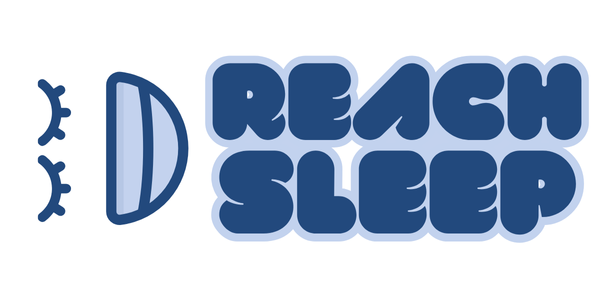What Is TMJ?
The temporomandibular joints (TMJs) connect your lower jaw (mandible) to your skull, acting like hinges that allow you to open, close, and move your jaw side to side. These joints are complex and can be sensitive to stress, making them prone to discomfort or inflammation in some situations.
How Do Oral Sleep Mouth Appliances Work?
Oral sleep mouth appliances are commonly used to treat obstructive sleep apnea (OSA) and snoring. These custom-fit devices gently move the lower jaw forward during sleep, which helps keep the airway open and reduces breathing interruptions.
How Do Oral Sleep Mouth Appliances Work?
Some users may experience mild TMJ discomfort when first using an oral sleep appliance. This is usually temporary. As the jaw muscles and joints adapt to the new position, the discomfort typically fades—often within a few days to a couple of weeks.
How to Manage TMJ Discomfort
If you’re feeling jaw pain or tightness, here are a few simple ways to help:
- Ease Into It: Many oral appliances can be adjusted gradually. Starting with a small amount of jaw advancement helps your mouth adapt more comfortably. Always follow your dentist’s guidance.
- Jaw Exercises: Light exercises can help strengthen the jaw and improve flexibility. Some patients also benefit from using a morning repositioning device.
- Use Heat or Ice: Applying warm compresses or cold packs can soothe inflammation and relieve pain.
- Medication: Over-the-counter anti-inflammatory medication can reduce short-term soreness.
- Soft Foods: Eating soft or semi-solid foods can minimize pressure on the jaw during the adjustment period.
Long-Term Impact on TMJ
Wearing an oral sleep appliance keeps the jaw slightly forward for several hours each night. For most people, this doesn’t cause any long-term problems. Significant or permanent TMJ issues are rare when the device fits properly and is used under professional supervision.
Final Thoughts
Oral sleep mouth appliances are a safe and effective solution for many people with sleep apnea or snoring. While some temporary TMJ discomfort may occur, it’s usually mild and manageable. With proper guidance and support from your dentist or sleep specialist, most users adjust quickly and enjoy better sleep without lasting jaw problems.

